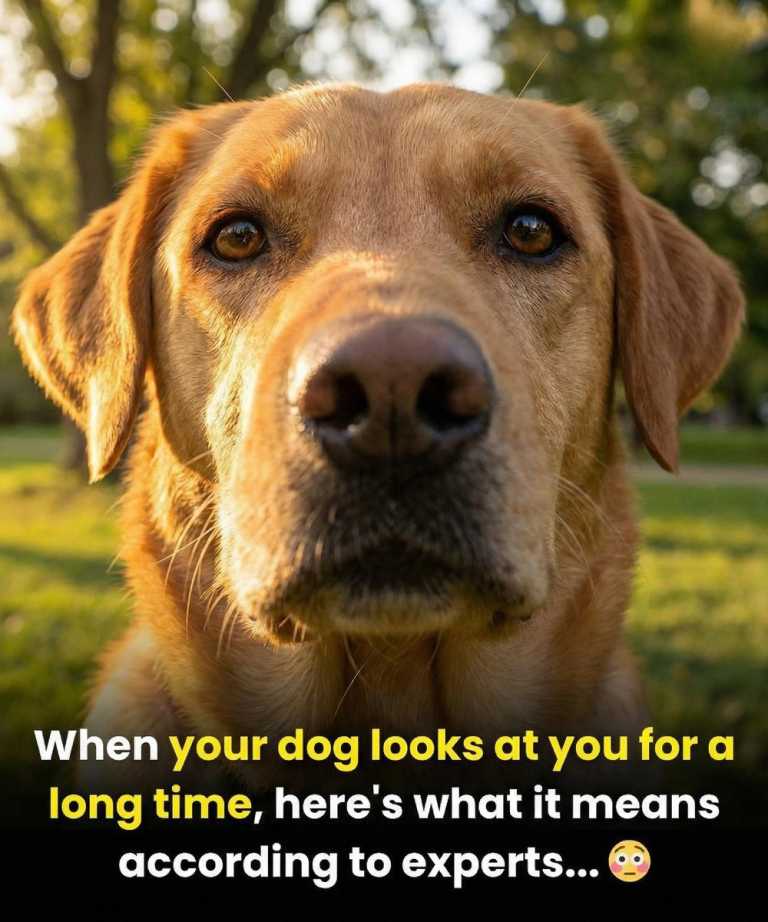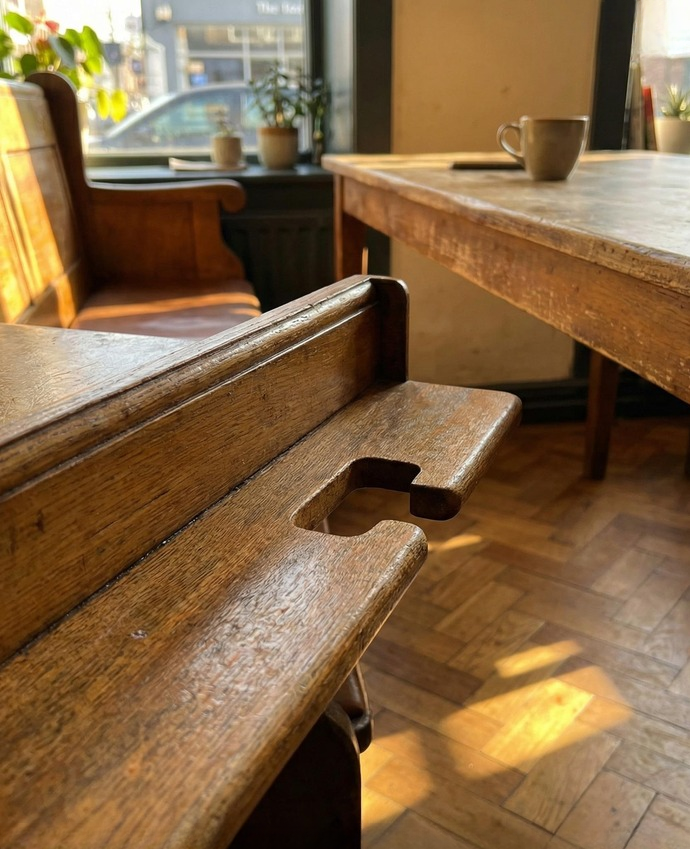
I discovered my husband was on a dating site.
At first, I thought maybe it was an old account he’d forgotten to delete. But something inside me — a quiet, cold instinct — told me to look closer.
So I made a fake profile.
A simple picture, a vague bio, nothing out of the ordinary. I never thought he would match with me so quickly… or message first.
We started flirting.
I checked my phone constantly, my heart pounding with every notification. And then I saw it — the one message that shattered me completely.
“My wife is dead. I’m looking for love.”
I froze.
My hands went numb.
It felt as if the room tilted.
Dead?
Dead?
I was alive. I was in our home. I cooked dinner for him the night before. He kissed me that morning before work.
And still… to him, I was “dead.”
I didn’t confront him.
I didn’t have the strength — not yet.
Instead, I decided to plan my divorce quietly. I told myself I would give him no dramatic scene, no shouting, no tears he could twist back on me. I would leave silently, taking back every piece of myself he had taken for granted.
But a few days later, something happened that changed everything.
He walked into our bedroom one evening, his face pale, his hands shaking. He stood at the door like he didn’t know how to enter his own home.
When he finally spoke, his voice trembled.
“You will… you’ll probably hate me for what I’m about to tell you.”
I didn’t say a word. I just stared at him, waiting — ready for the confession I thought was coming.
But what he said next wasn’t what I expected at all…
The Truth He Revealed
He sat on the edge of the bed and rubbed his face with both hands.
“Ava…” he whispered. “I deserve whatever you say. But I need to tell you before it’s too late.”
My heart hammered painfully, but I kept my voice calm.
“Tell me what?”
He swallowed hard.
“I’ve been diagnosed with early-onset frontotemporal dementia.”
My breath caught.
I actually felt the air disappear from the room.
He continued, tears forming in his eyes.
“They said I might start forgetting things… people… timelines… reality. They said my personality could change. And sometimes… sometimes I feel like I’m losing pieces of myself already.”
I blinked, stunned.
He looked up at me — terrified.
“I joined the dating site because… because I didn’t want you to be stuck with me when I get worse. I thought if I pushed you away, maybe you’d find someone else. Someone who could take care of you. Someone… whole.”
I stared at him, numb.
“So you told people I was dead?”
He nodded, shame covering his face.
“I didn’t know what else to say. I thought if I made myself believe you were gone, maybe it wouldn’t hurt so much when the real symptoms start. I didn’t want you to watch me fade.”
The Anger I Couldn’t Hold Back
For a moment, sympathy tried to rise in my chest — but then I remembered the messages.
The flirting.
The deliberate deception.
I shook my head, anger boiling up.
“So you lied to strangers to erase me from your life? You humiliated me without my knowledge? You didn’t trust me enough to talk to me — your wife?”
He opened his mouth, but I raised my hand sharply.
“No. I understand fear. I understand illness. But I don’t understand choosing betrayal instead of honesty.”
He closed his eyes, tears sliding down his cheeks.
“I thought I was protecting you.”
“You weren’t,” I whispered. “You were abandoning me.”
The Decision I Had to Make
For the next few days, I lived in a fog — torn between love, hurt, betrayal, and the shocking diagnosis that had suddenly rewritten the story of our marriage.
I read everything I could about his condition. I watched him closely, noticing small things I had brushed off before:
- repeating questions
- forgetting tasks he had just started
- getting easily irritated
- going quiet for long stretches
- staring into space like he was trying to remember something important
It wasn’t fake.
He wasn’t lying about that.
The betrayal was real — but so was his fear.
I realized something that twisted my heart in two:
He wasn’t preparing to leave me.
He was preparing for me to leave him.
The Confrontation That Changed Our Marriage
One night, he sat at the kitchen table with his head down. I sat across from him.
“I’m not dead,” I told him softly. “I’m right here.”
He nodded without lifting his eyes.
“And I don’t leave when things get hard.”
He looked up slowly, hopeful and terrified at the same time.
“But,” I continued, “we need rules. We need truth. We need honesty — starting now.”
He nodded.
“I’ll delete the dating account,” he said quickly. “Right now. I promise.”
“That’s not enough,” I said. “We need therapy. We need a medical plan. And you need to talk to me — not strangers on the internet — when you’re afraid.”
He whispered, “Okay.”
Where We Are Now
It’s been three months since that night.
No, things aren’t magically perfect.
We have good days and frightening days. Some mornings he forgets things he knew perfectly well the day before. Some nights I cry quietly in the bathroom so he won’t hear.
But we face it together.
I didn’t divorce him.
I didn’t walk away.
Because yes — he hurt me.
Deeply.
But illness isn’t betrayal.
Fear isn’t malice.
And love isn’t something you abandon at the first crack.
The biggest lesson I learned?
Sometimes the ugliest truths come from the deepest fears — and sometimes the person breaking your heart is the one most afraid of losing you.



